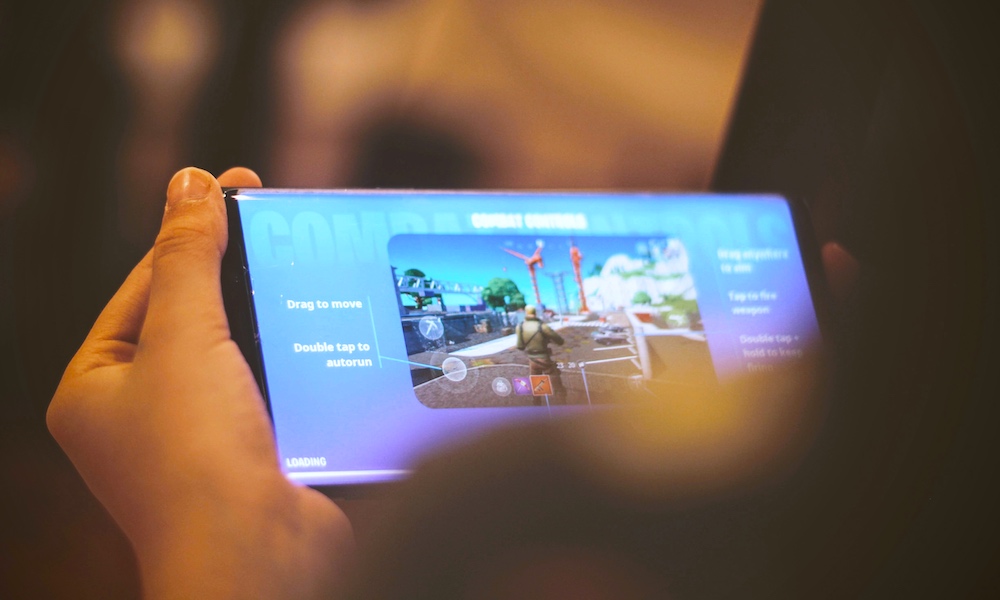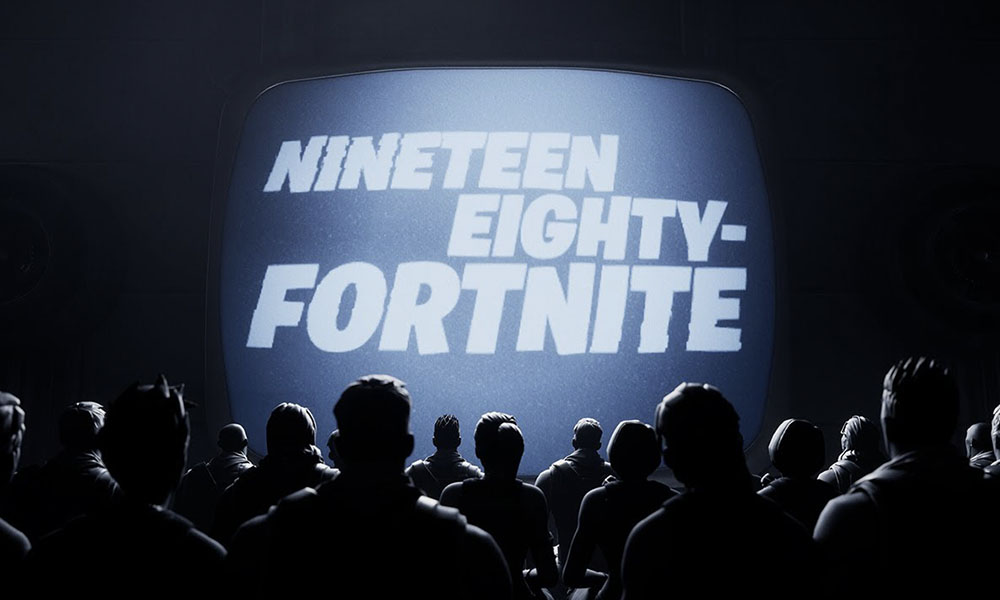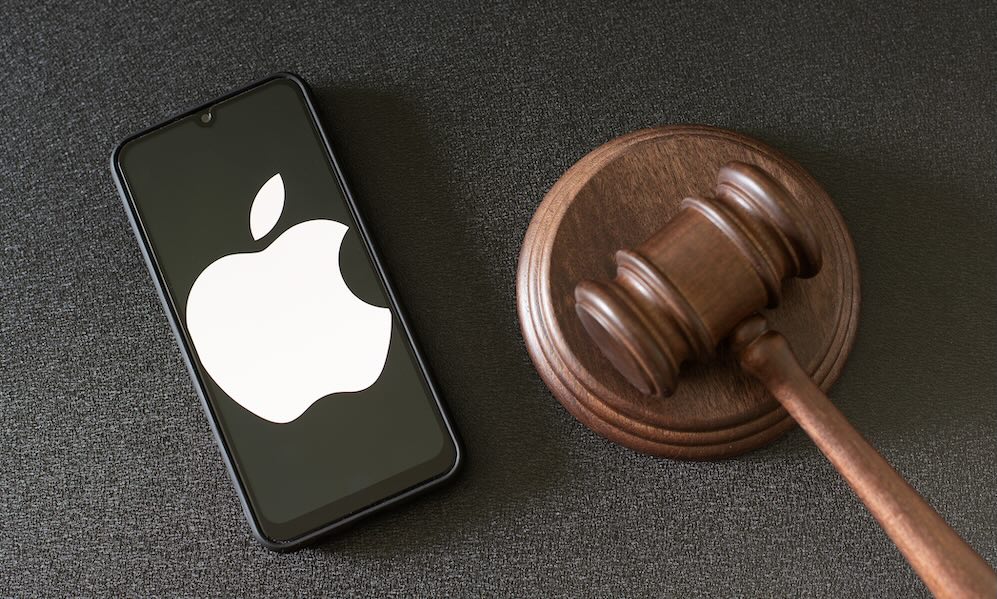Has Apple Blocked Fortnite’s Triumphant Return?
 Joshua Hoehne / Unsplash
Joshua Hoehne / Unsplash
Toggle Dark Mode
Fans of Epic Games’ Fortnite may be waiting a bit longer before the title reappears on Apple’s devices — if that happens at all. After a US court issued a scathing ruling against Apple in response to a lawsuit brought by Epic Games, Epic’s CEO, Tim Sweeney, promised that Fortnite would reappear on the App Store within a week. However, it seems that Sweeney’s proclamations may have been premature.
Faithful to its word (more or less), Epic Games resubmitted Fortnite to the App Store the following week. However, Sweeney’s optimism seemingly overlooked one crucial point: his company was turfed from the App Store for breaching its developer agreement in 2020, a point that wasn’t addressed in the April ruling by Judge Yvonne Gonzalez-Rogers.
This left many folks skeptical that Apple would allow Fortnite to return to the App Store. Sweeney didn’t appear to be under any illusions about his status with the iPhone maker, either. Ultimately, Fortnite was resubmitted through a developer account that Apple reluctantly let Epic Games open in Sweden so it could run its own app marketplace under the new freedoms offered by the EU’s Digital Markets Act.
It’s unclear whether Epic genuinely believed this would enable it to do an end-run around its initial contractual breach with Apple or if it was merely a faster alternative to reapplying for a US developer account, but it appears Apple isn’t buying it. While the Cupertino company hasn’t issued any official statements, Epic claims that after a week of dragging its heels, it’s not only rejected Epic’s submission but also blocked Fortnite on iPhones and iPads in the European Union, where it’s distributed through Epic’s own third-party app marketplace, the Epic Games Store.
Considering everything that Epic Games has put Apple through, it’s not a huge surprise to see Fortnite rejected from the App Store. Even in the European Union, where its hand was somewhat forced, Apple initially blocked Epic’s Swedish developer account, claiming the company couldn’t be trusted after it intentionally breached its agreement with Apple. When Apple ultimately relented — undoubtedly due to pressure from EU officials — it still only opened the door to third-party marketplaces; Fortnite hasn’t returned to the App Store, even in the EU.
At no point in nearly five years of court rulings has there been even a hint that Apple is required to welcome Epic Games or Fortnite back into the App Store with open arms — at least not in the US. Apple mostly prevailed in the original case that Epic Games brought against it, with 9 out of 10 claims being found in Apple’s favor.
The one sticking point was Apple’s refusal to let third-party developers include links to external payment websites in their apps. Apple fought that one but lost hard when the Supreme Court refused to hear its final appeal. It then lost even harder when it decided to grudgingly comply with the injunction by finding ways to make it as difficult as possible for developers to take advantage of their new court-mandated freedoms. That last part is what Apple got smacked down for last month.
However, nothing in Judge Rogers’ ruling said anything about Epic Games’ right to be on the App Store. The only mentions of Epic in the entire 80-page ruling were to provide the context in citing the case that resulted in the original injunction that Apple had defied. Epic brought the case to the court’s attention, but the ruling pertained to Apple’s defiance of the court’s previous injunction rather than any specific actions it had taken against Epic.
Still, it’s unclear why Apple would have chosen to block Fortnite from third-party EU marketplaces. While Apple doesn’t exercise any content moderation in other app marketplaces, it still insists on “notarizing” apps to make sure that they’re safe from malware, scams, or other fraudulent content. Non-notarized apps can’t be distributed even through third-party app marketplaces, as they won’t install or run on Apple’s devices without that digital signature.
Depending on how Epic Games resubmitted Fortnite, it’s possible the third-party EU version may have suffered (hopefully unintentional) collateral damage. If the whole thing was wrapped up in a single submission and Apple refused to notarize that submission for its own App Store, it would have potentially affected the update being released through third-party app marketplaces.
It’s unlikely that Apple wants to further antagonize the European Commission, so it’s much more likely the removal of Fortnite from third-party EU app marketplaces is either an unintended side-effect or something initiated by Epic Games.









